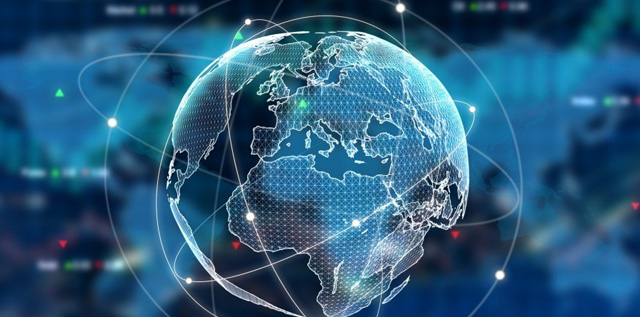
The first ever reference made to public goods was in 1954 by Paul A. Samuelson. In his paper, – title The Pure Theory of Public Expenditure – Samuelson referred to a new type of good which he called ‘collective consumption goods’ as opposed to the generic goods that were talked about hitherto – and fittingly titled them – ‘private consumption goods’.
According to Samuelson, collective consumption goods have the following property – ‘individual’s consumption of such a good leads to no subtraction from any other individual’s consumption of that good, so that simultaneously for each and every ith individual and each collective consumptive good’. Today, in classrooms all around the globe, this property is better defined as the good being “non-rivalrous’, i.e. the good is equally available for everyone and ‘non-excludable’ i.e. one’s consumption of the good does not reduce the good for the other. Common examples of public goods are national defense, roads, air etc. Taxes are the most common means of contributing to national public goods. In other examples the construction of a community garden or walkways are looked at as imperfect examples of public goods. Here, the proceeds to the society funds or voluntary cleaning drives are seen as contributions to the public good.
The only issue that public goods face is that they tend to lead to market failures. This market failure arises out of what economists call ‘free riding’. Free riding is defined as the behavioral tendency of a consumer to either understate the importance or value of the good and/or hence opt in to not contribute to the production/purchase of the good. This arises out of the hope that other consumer/consumers would value the good enough that it would be purchased/produced either way. For example, you not washing the dishes during the quarantine thinking your sibling would wash them anyway. So, the next question that comes to our mind is how can free riders lead to market failure when others are buying it? Simple, they transfer their own burden onto others until the point the burden surmounts and the good is not purchased. For example, if enough people do not pay taxes, the government would end up choosing between perhaps even basic healthcare and national defense.
Another form of issue with free riding is the one with innovation. Trillions of dollars are spent each year by big companies worldwide where they finance research and development of newer technologies, revolutionary products, and modern solutions to modern problems. As soon as the product is introduced to the market, either during a Kickstarter campaign or during the actual launch, within weeks, the same products can be found on AliExpress and eBay at a fraction of the cost of the actual product. Keep in mind that the free riders are not relying on public goods yet, are able to benefit from the others’ research. Why does this happen? This purely happens because the manufacturers in China just rip off the design, i.e. free ride on the R&D of the original companies. This is a huge issue for startups worldwide. With no legal protection, either due to lack of patents and rights or lack of international safeguards, you have no other option but to either fight the competition or to wind up.
On a national level, governments charge taxes, but how do you stop somebody from ripping your product? Getting intellectual property rights seems to be the only legal remittance hitherto. Yet, the only way out of fighting off the rip offs is, one, keep fighting the competition with better-quality products and services and, two, relying on the altruistic behavior of your target market. This is the dark truth of the competitive world we live in.
However, there are some positive use cases of free riding where the manufacturers or the original producer lets others use their goods and services for free or for any amount that the consumer deems fit. There are many examples of such products worldwide, be it cafes in Italy or the WinRAR subscription that you never purchased. Such individuals aim to nudge the altruistic behavior of the consumers by giving them the leeway and letting them choose the value of the product. Another useful example is where pharmaceutical companies allow the manufacturing of medicines and vaccines that treat common illnesses and help people fight off the disease. In order to get a perspective on the topic, consider the following news –
“German ministers have reacted angrily following reports US president Donald Trump offered a German medical company “large sums of money” for exclusive rights to a Covid-19 vaccine.” – The Guardian
Here we see how when a group of German researchers made some headway into finding a cure to the current pandemic, which they – reportedly - aimed to share with world, news of the US supreme leader trying to buy off the cure emerged. Here, the amount of money offered is negligible as opposed to what the product being purchased was and the potential benefits. Basic codes of morality and altruism guide that any person/company that is able to find a solution to the corona virus would share the solution with the world and not keep it to themselves. Hence, making the solution a public good, at least to the extent where pharmaceutical companies are the consumers.
The bottom-line – free riding is an inherent pet peeve to humans. An individual’s utility, as discussed by Sunstein and Thaler, is – sadly - affected by what the others’ utility is. The only solution to any inter-human conflicts is where we act in ‘Seven-Deadly-Sin-Free’ manner and work towards the collective good of everyone. In times such as these, one should aim at at-least causing no harm to another, if not helping them out.